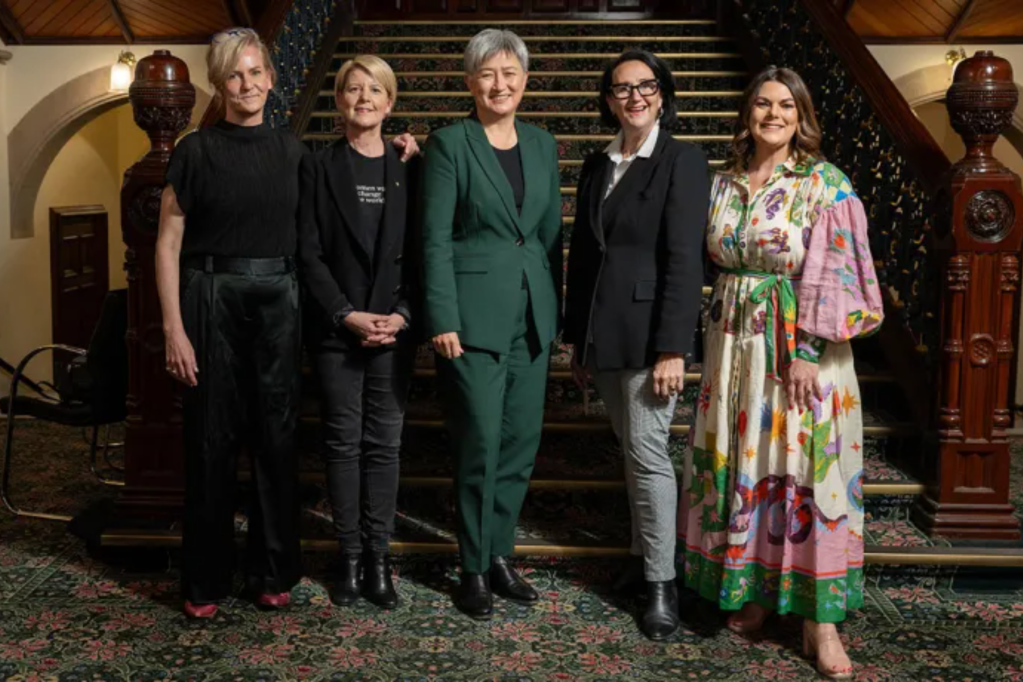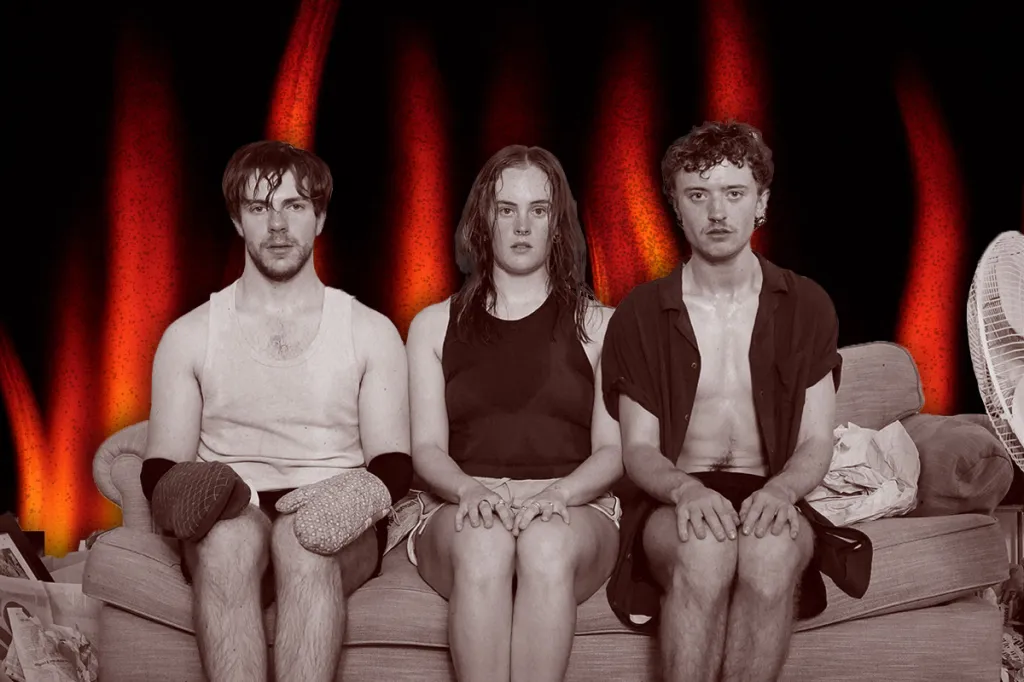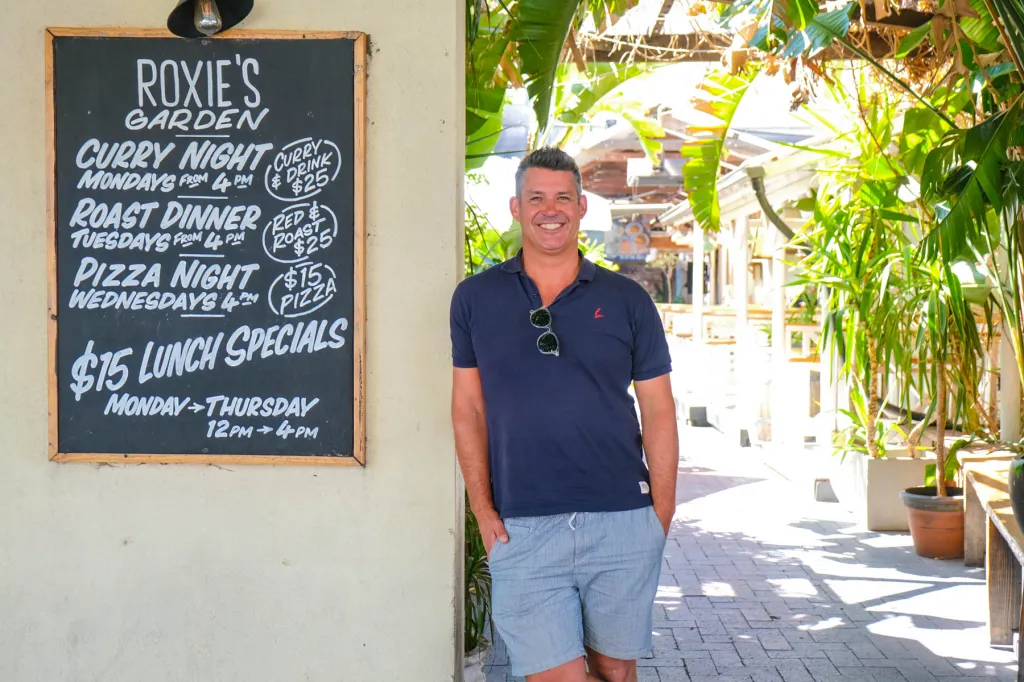‘We should have called it out more’: reflections from SA women in politics

The representation of women in politics has steadily improved, but can the same be said for their treatment? CityMag heard four of South Australia’s best-known female politicians talk about their own experiences, and what they wish they had done differently.
Penny Wong, Vickie Chapman, Sarah Hanson-Young, and Natasha Stott Despoja have a lot of differences. They served in different political parties, have vastly differing views and their own reasons for entering politics. One thing they do have in common? During their time in politics, they have all been subject to scrutiny and judgement founded not on their policies, but on their gender.
Another thing they have in common? They all came together to Adelaide University’s Women in the House event this week to reflect not only on their own experiences but on those of all women, as South Australia celebrates 130 years of women’s suffrage.
In 1894, South Australia became the first electorate – not only in Australia but the world – to grant women and men equal political rights, allowing women to not only have a vote but to stand for parliament.
However, it wasn’t until 1955 that South Australia saw a woman in federal parliament for the first time when Nancy Buttfield was appointed to the Senate. In 1959 Jessie Cooper became the first woman to be elected to the South Australian Legislative Council, and in the same year, Joyce Steele became the first woman to be elected to the South Australian House of Assembly.
“It is very important to remember where we came from, and all the women of courage who’ve gone before,” Foreign Affairs Minister Penny Wong says.
“It’s important to remember that, in part as an act of respect, but it’s also important to remember that because it reminds us what change requires. Change requires much more than performance. It does require courage, and it requires us to change the hearts and minds of people who don’t agree with us.”
It’s not just South Australia’s first female politicians inspiring future leaders, with Greens Senator Sarah Hanson-Young reflecting not only on Natasha and Penny as women she saw in Parliament, but on another unlikely inspiration.
“I probably have to credit John Howard for my political career, because he gave me great motivation,” Sarah says.
“It was very clear to me that in the era of John Howard, if young women wanted to be more active in the issues that were impacting us, I knew that we actually needed more women there.”
The panellists each reflected on the approaches they had taken throughout their careers when faced with misogyny, both in the media and in Parliament.
You might like

Penny Wong spoke about Julia Gillard’s time in office, and what she wishes they had done differently. Photo: supplied
Regrets about our only female Prime Minister
Penny Wong, who was initially appointed to the Senate for the Labor Party in 2001, discussed not only her own experiences, but those of Julia Gillard during her term as Australia’s first, and only, female Prime Minister.
“I have reflected a lot on the time that Julia was Prime Minister, and whatever people’s views about what she did, or policies, et cetera, I think separated from that it’s undeniable that the way which she was treated was unacceptable for anybody, and was so driven by an acceptance of quite misogynistic behaviour.”
Penny said she had had discussions with Julia at the time, and a decision was made to not address the ongoing misogynistic commentary.
“I now think we should have called it out more, just to try and take it on. Because it was awful,” she says.
“I found it really interesting, when I first got into politics the most hate I got was for being Asian. But around the time of Julia’s Prime Ministership, it switched to being female.”
Speaking on the public commentary surrounding the Prime Minister, Hanson-Young, who, in 2008 became the youngest woman to have been elected to the federal Parliament, said there had been conflicting ideas about how to respond.
“There was this kind of struggle between, do we not want to acknowledge that this is happening? Or do you acknowledge it, does that feed it? Do we allow the first female Prime Minister to be able to just get on with the job?
“I started at the beginning [of my political career] thinking ‘don’t pay attention to it, block it out, just ignore it, it’ll go away and pass. But bullies don’t do that. Bullies bully, and intimidate, because they want a reaction.
“I had gotten to a point where it had silenced me. I was pretending so much that it wasn’t happening that it was all around me, people didn’t know how to talk about it because they didn’t see me talking about it.
“I had to break the silence, so I could have the agency back. And I think, in hindsight, we should have done that for Julia Gillard.”

Julia Gillard was the Prime Minister of Australia from 2010 to 2013. She remains the only woman to have held the role. Photo: AAP/Lukas Coch
‘It was irritating as hell’: calling out bad behaviour
Subscribe for updates
Vickie Chapman, who was the first female president of the South Australian Liberal party, and the state’s first female deputy premier and attorney-general, entered politics following a career in law.
“When I first got to Parliament they’d usually make some crack about what you’re wearing or something, intending to be demeaning. And I found it a little bit unusual because I’d had 20 years in courtrooms where we’re trained to have the debate over the case, not playing the man as such,” she said.
“We [women in Parliament] were exposed to trivial commentary, and it was irritating as hell. The expectation now is that you make a smart-ass comment, you’re pulled up on it, you have to apologise, and it’s dealt with.
“On the negative side is the explosion of social media. So instead of being in the Parliament or even on a television camera, it’s anonymously written often, and it’s disgraceful, and it’s penetrating, and it’s permanent.”
Former senator and current Commissioner of the Royal Commission into Domestic, Family and Sexual Violence, in 1996 Natasha Stott-Despoja became the then youngest woman to be elected to Federal Parliament at 26, a title she held until Sarah’s appointment.
Natasha said she had stood firm in calling out problematic behaviours during her time in Canberra.
“Even as a relatively young member of parliament I did, but I learned quickly. One senator would call me ‘princess’, or ‘precious princess’ if I called out bad behaviour. Or, of course, ‘humourless feminist’, got that a lot. I thought I was quite funny, but no.”
Now, Natasha says she has seen the younger generation approach that behaviour with far less tolerance.
“I do think this new generation, the younger women, but also men and non-binary Australians, who are saying ‘you know what? I’m not going to put up with this’. So I think we’ve seen that wonderful change.
“It shouldn’t just be up to the humourless feminists like me, it’s got to be across the board.”

Hailing from different areas of politics, the four women shared joint experiences as women in the public eye. Photo: supplied
From breaking barriers to falling behind
Reflecting on 130 years of women having the vote, the panel discussed how South Australia went from paving the way to lagging behind, as we remain the only state in the nation yet to have elected a female premier.
“Henry Fuller, former lord mayor at the time of women’s suffrage, said that he didn’t want women to get the vote because they would gain half the seats of the House of Assembly and Mary Lee, our famous, wonderful suffragist, would be Premier,” Natasha says.
“Well guess what? It didn’t happen, and it still hasn’t happened.
“There are traditional barriers; the way that we’re portrayed, the double standards to which we’re subjected, the reality, balancing domestic roles, or unpaid caring roles, with opportunities to run for office.
“But change has happened. Things can happen, something can be a great catalyst for change, but most of the time it requires eternal vigilance.
“When it comes to women’s representation in public, private life or wherever, eternal vigilance is necessary, because the pushing back of those in power, and the patriarchy, is actually really real.”
Though they had just spent an hour sharing the difficulties they faced during their political careers, the panel agreed on the importance of not only women in politics, but diverse parliaments as a whole.
“We need that diversity and difference reflected and represented,” Natasha says.
“Just because you feel politics has given up on you, don’t give up on it.”

